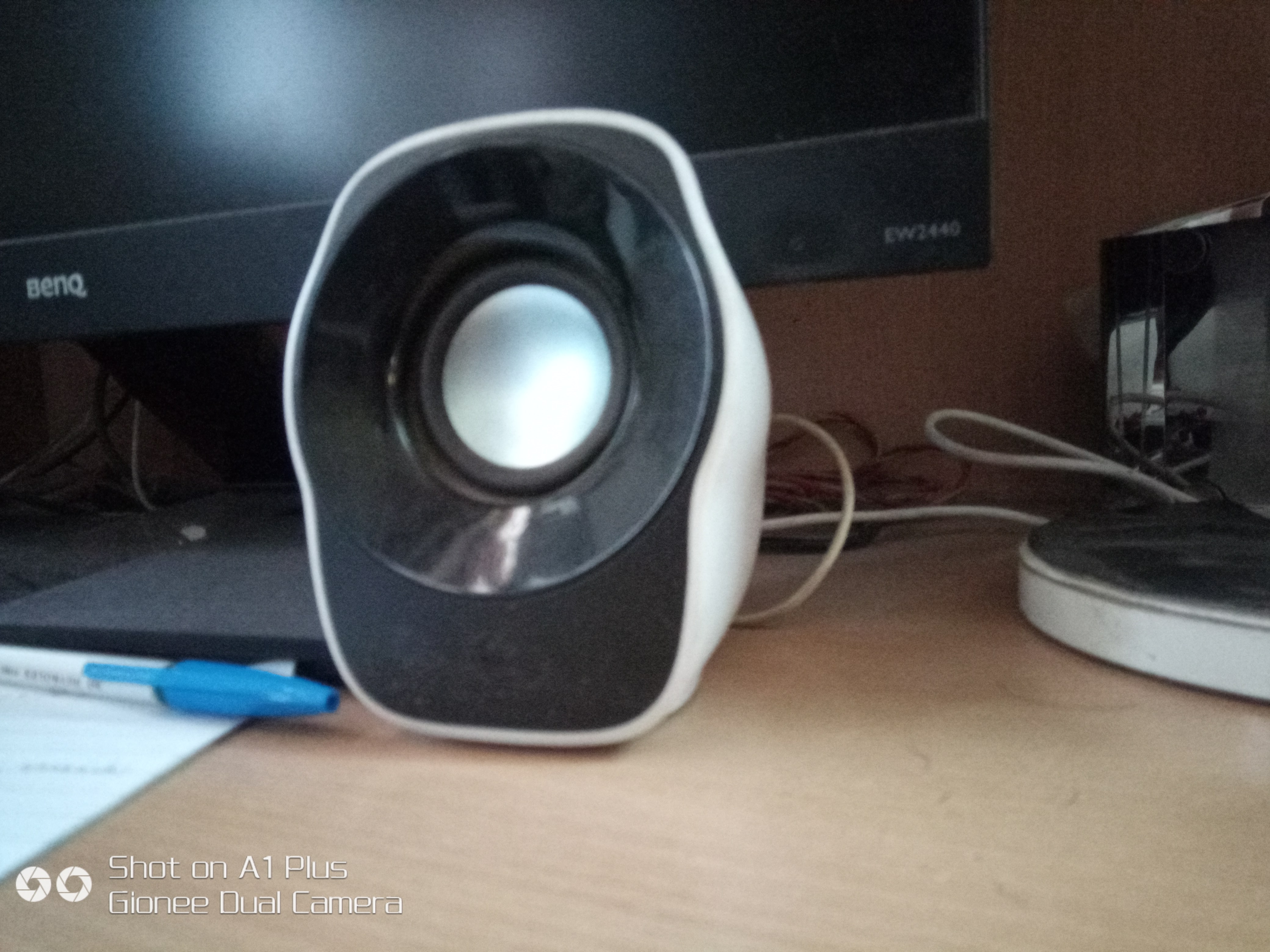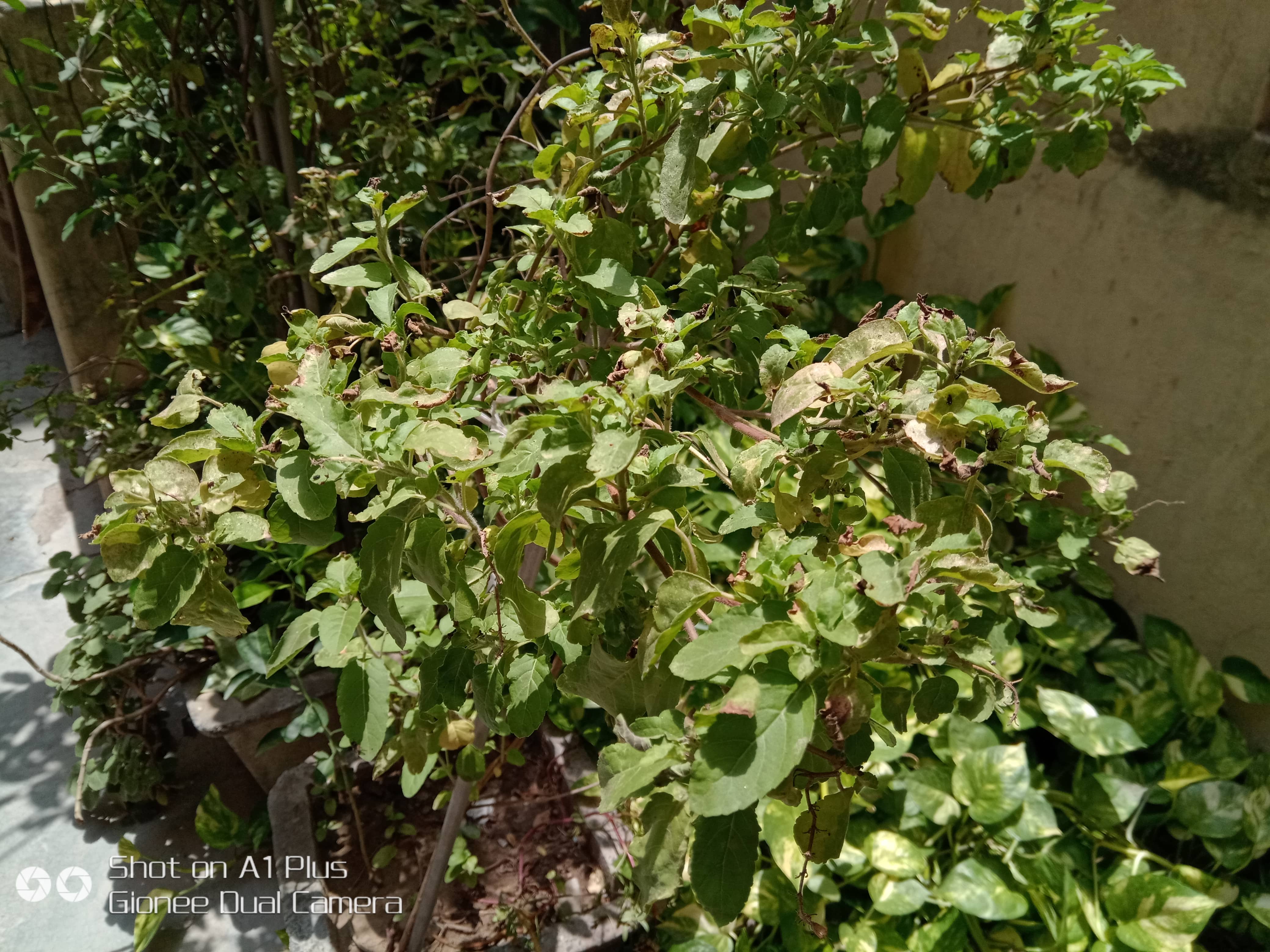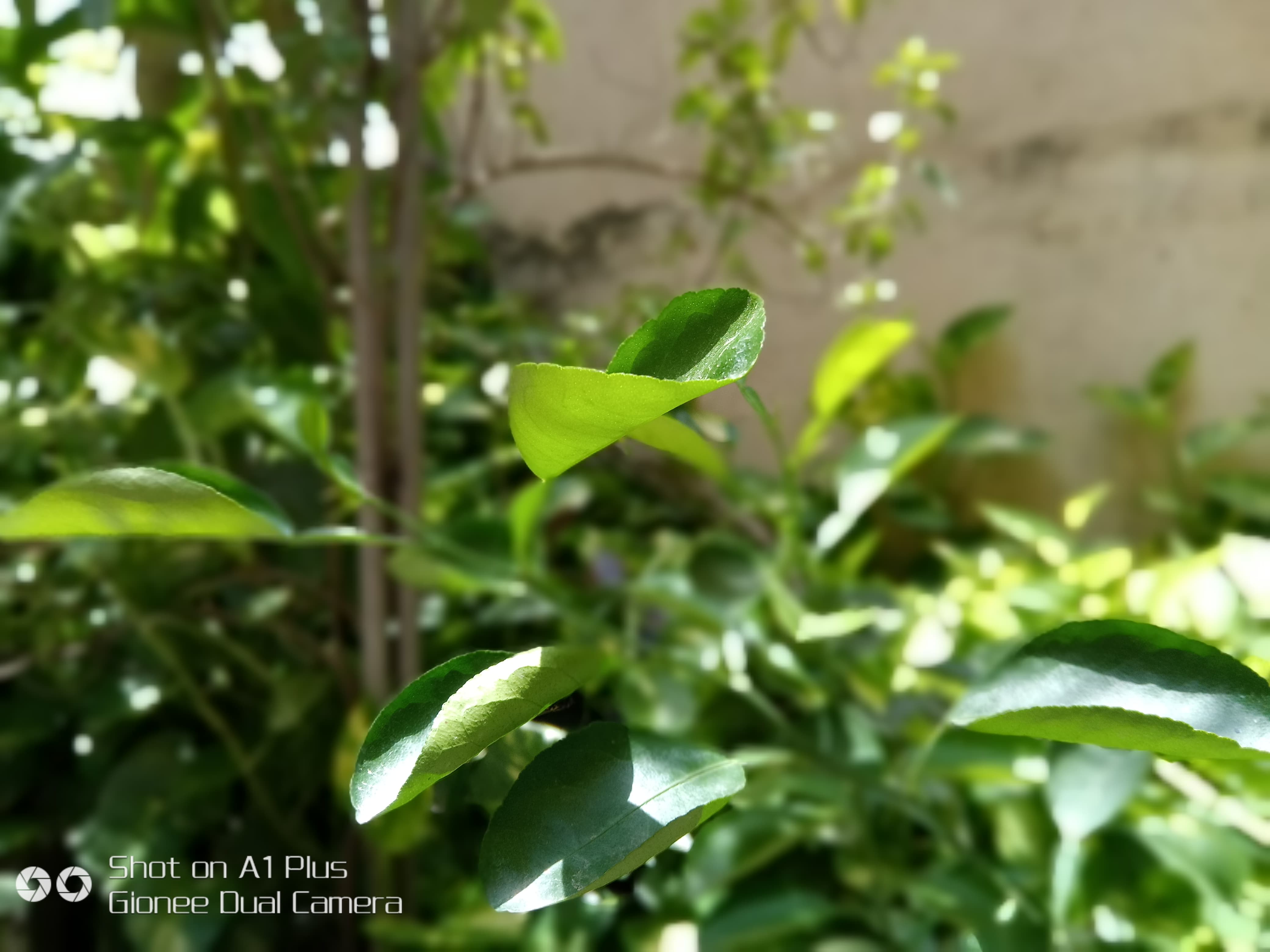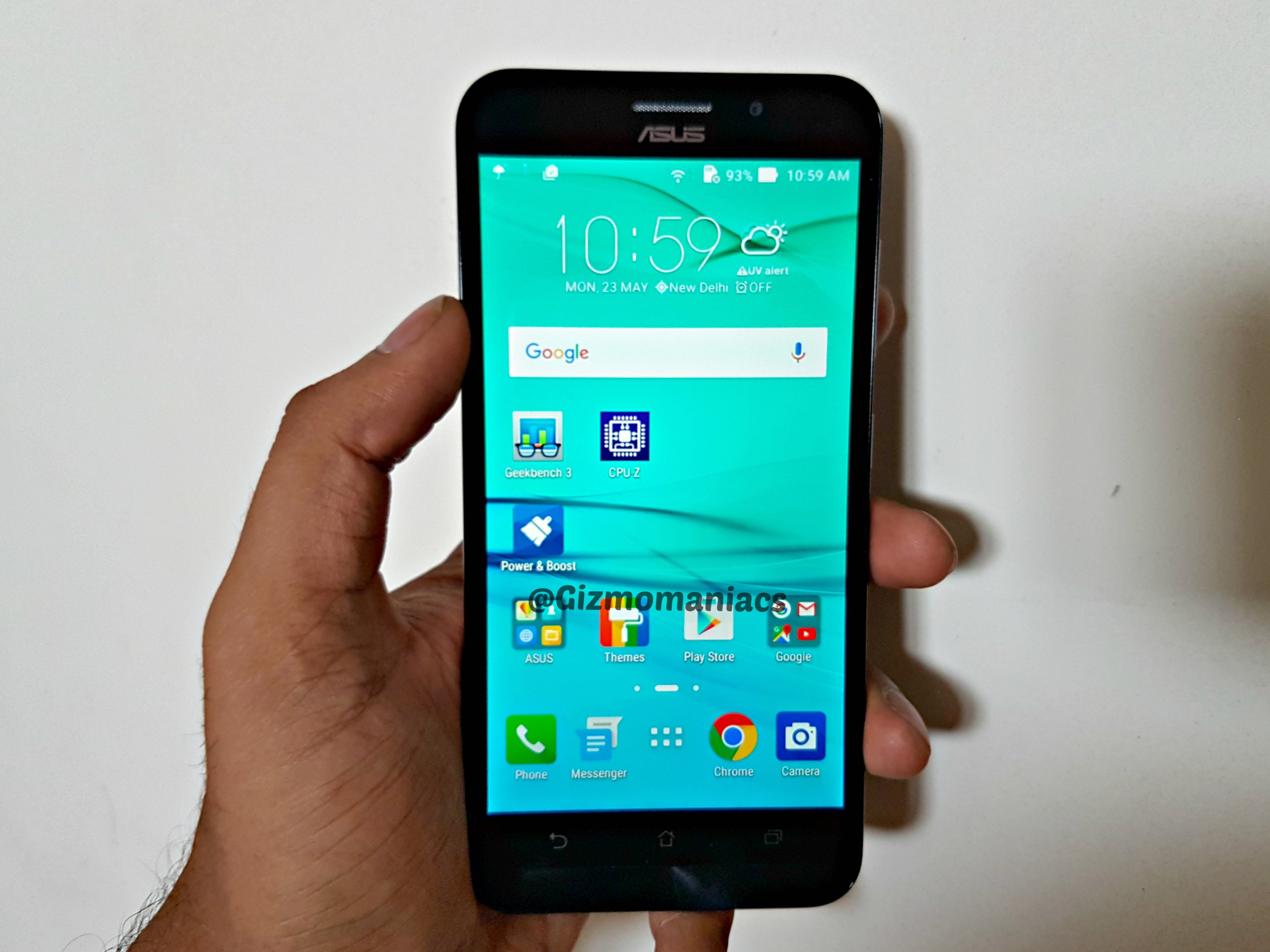The A1 Plus offers a large 6-inch display and dual cameras at the back!
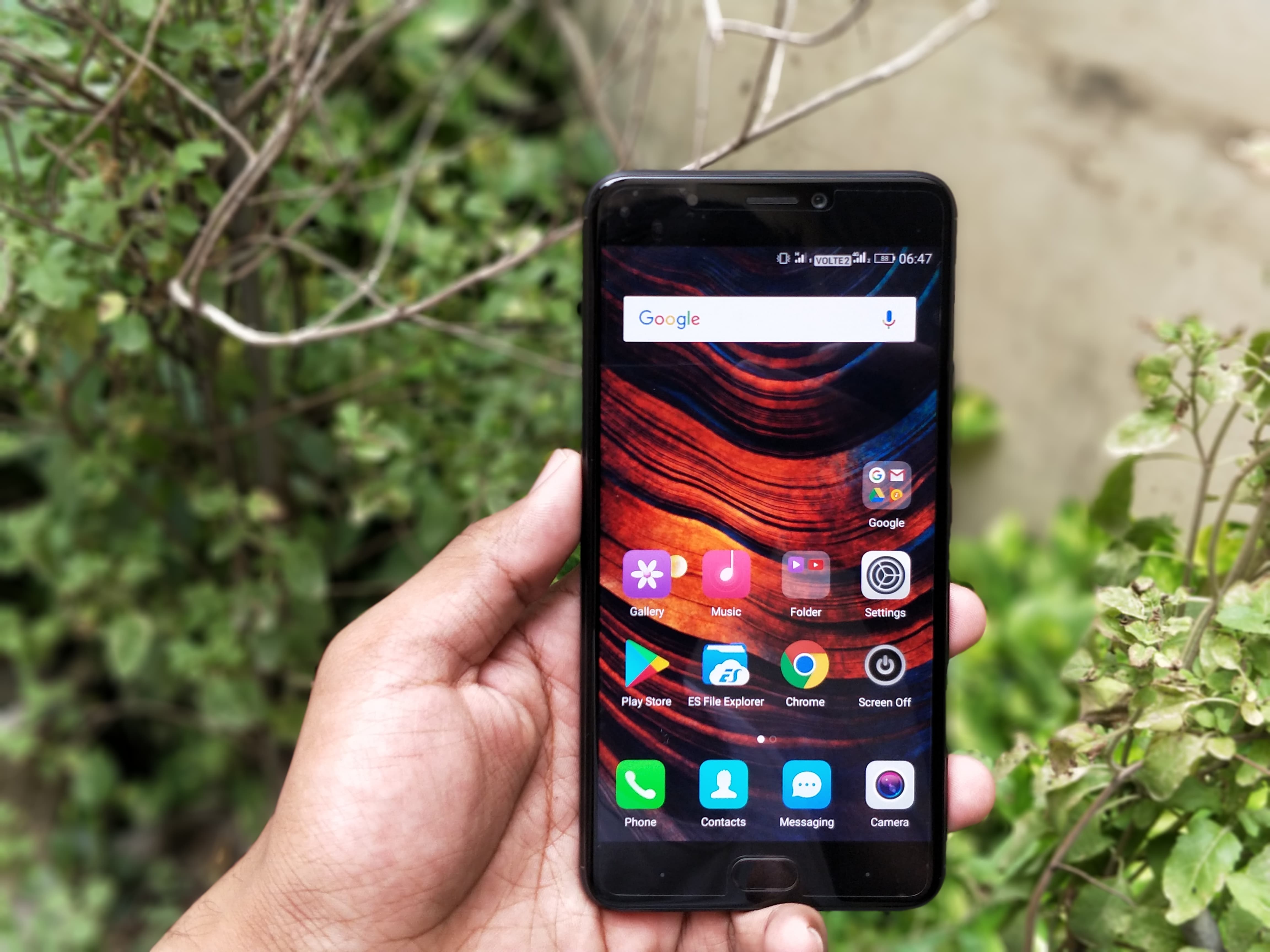 Gionee has recently launched the A1 Plus. It’s a higher-end variant of the Gionee A1, which was launched in March 2017. The Gionee A1 Plus has a lots of powerful features such as a 6-inch display, dual camera setup, Android 7.0 Nougat and a 4550mAh battery. Let’s see how the smartphone performs in our review.
Gionee has recently launched the A1 Plus. It’s a higher-end variant of the Gionee A1, which was launched in March 2017. The Gionee A1 Plus has a lots of powerful features such as a 6-inch display, dual camera setup, Android 7.0 Nougat and a 4550mAh battery. Let’s see how the smartphone performs in our review.
Build and Design
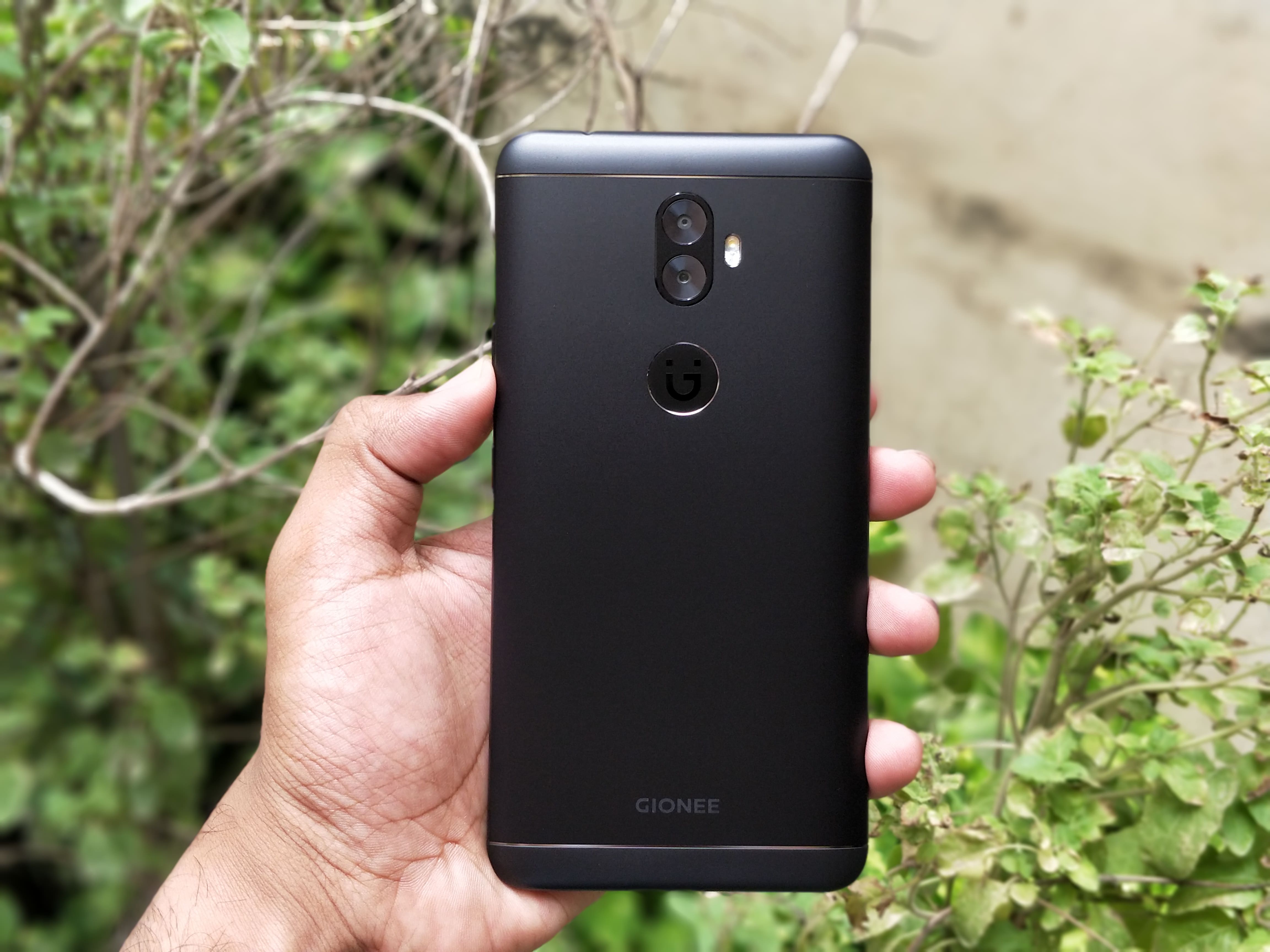 The design of the A1 Plus is almost same except the increased size and an enhanced metal body. The smartphone seems a bit heavy because of its large display and the massive battery. That also means that the device is quite uncomfortable to hold and use with a single hand.
The design of the A1 Plus is almost same except the increased size and an enhanced metal body. The smartphone seems a bit heavy because of its large display and the massive battery. That also means that the device is quite uncomfortable to hold and use with a single hand.
The rear panel has a dual camera setup below the antenna lines along with the flash and a Gionee logo. The audio jack is on top along with the IR Blaster. The volume rocker keys and power button are on the right side of edge. The left side has a SIM card tray while the bottom has micro-USB port and two speakers.
The front panel has the secondary camera and sensors on the top. The bezels make the screen thicker and wider. The lower panel has the home key in the middle along with two backlit keys. The Home button is integrated with the fingerprint sensors. Overall, the design is average but the build quality seems durable.
Display
The Gionee A1 Plus features a 6-inch FHD display with a resolution of 1,920 x 1,080 pixels. The panel has a 2.5D curved glass on it. The display is good in terms of colour and sharpness. The sunlight readability is good and the screen can also be seen in different viewing angles.
Hardware and Software
The Gionee A1 Plus is powered by an octa-core MediaTek Helio P25 processor clocked at 2.6GHz. The SoC is supported by 4GB of RAM and 64GB of onboard storage. The storage can be expanded up to 256GB via microSD card.
It runs Android 7.0 Nougat out of the box with its Amigo 4.0 UI on the top. The UI is good but the usability seems bit slow. It offers different customisation options as well as pre-installed bloatware, but thankfully, it’s removable.
Performance
The day-to-day performance of the Gionee A1 Plus is pretty good but I found that the apps and UI lag sometimes while using the smartphone. The touch response is acceptable. The multitasking is also average and it struggles while running several apps and games simultaneously.
The gaming performance is good but users can only enjoy casual games. High-end titles lag in it. I played Asphalt 8 and found that the slow graphic and touch response several times. Although, the benchmark performance of the device is good and acceptable. It scored 65,425 in AnTuTu and 49,833 in Quadrant Standard.
The fingerprint sensor works quickly, but also lags sometimes. The audio and video quality is good. 4G VoLTE works fine and there was no call drop or connectivity issue in it.
Battery
The 4550mAh battery gives the A1 Plus a standby time of 5 days which is really impressive. At the end of the day, I still have more than 50 percent of battery, even after moderate usage. If you use it only for calls and light tasks, then it can easily offer three-day backup.
Camera
The rear panel has dual 13-megapixel sensors with CMOS and dual-tone flash. The camera works fine but it’s not the best in this class. The colour composition is good in the captured images but it lacks details. If you zoom in, you’ll see the edges of any object seem blurred. The low-light performance is acceptable, but there’s a lot of noise.
The front camera is of 20-MP and it captured good selfies. The captured images have an adequate amount of details and colour reproduction is good. The camera app is good to use but I found that the focus is not very quick.
Gizmo-verdict
At Rs 26,999, the Gionee A1 Plus seems good but not the best when it comes to the performance. The plus points are the battery and the front camera. But otherwise, there are better options available in the market. If you’re after a large-screen smartphone, then the Xiaomi Mi Max 2 offers powerful specs for just Rs 17k. In this segment, you can go for the likes of the OnePlus 3T and Samsung Galaxy C7 Pro.

